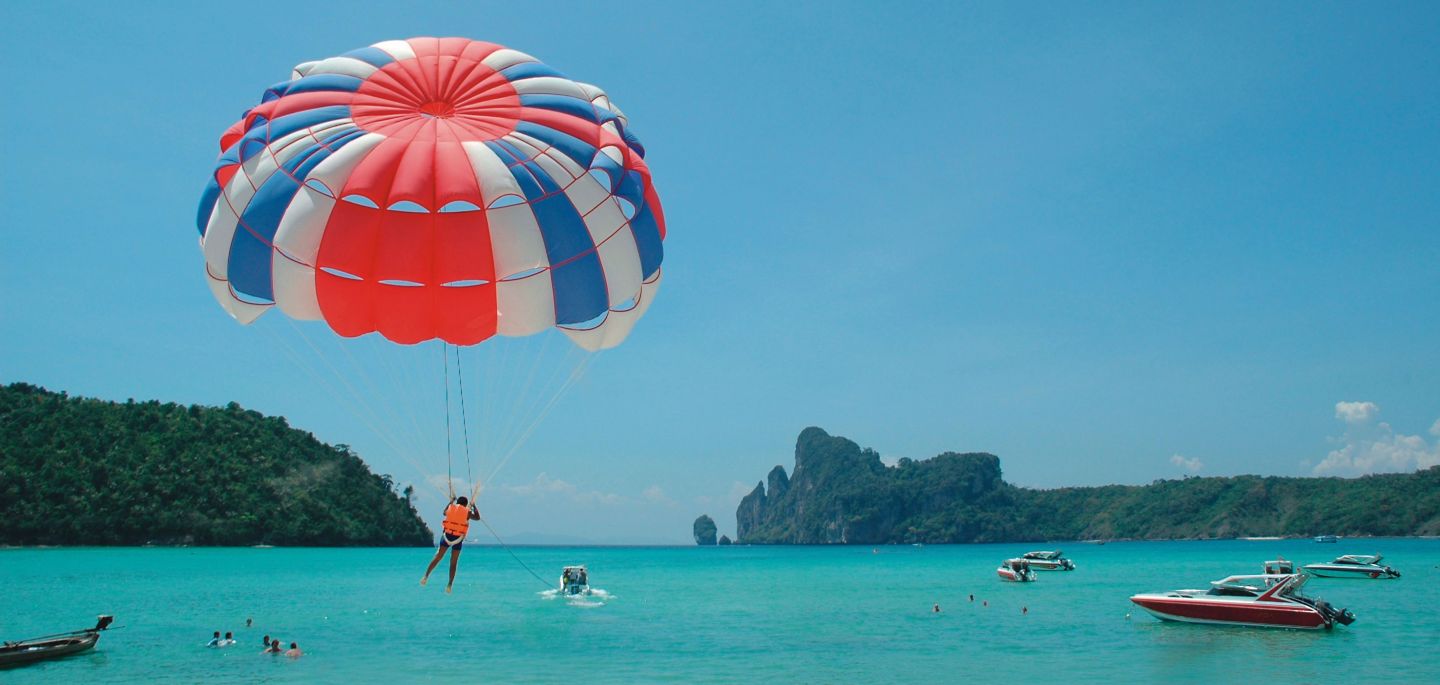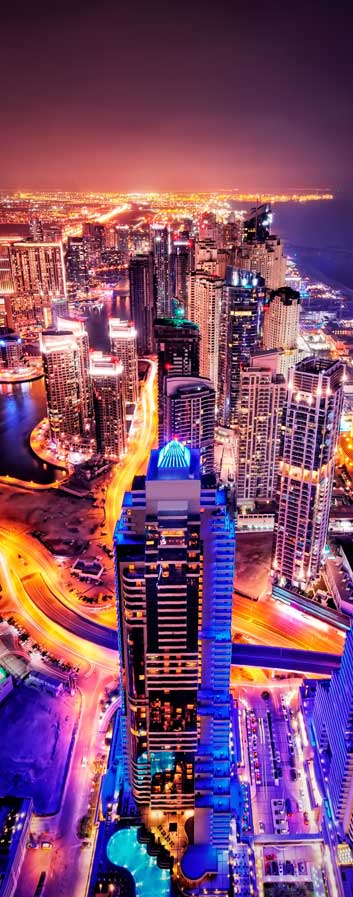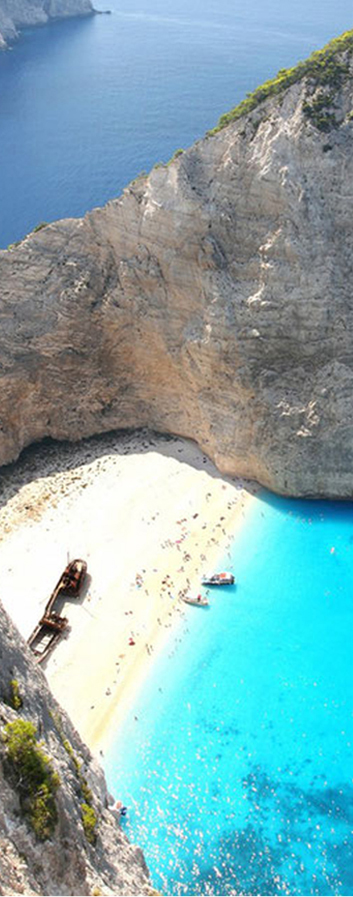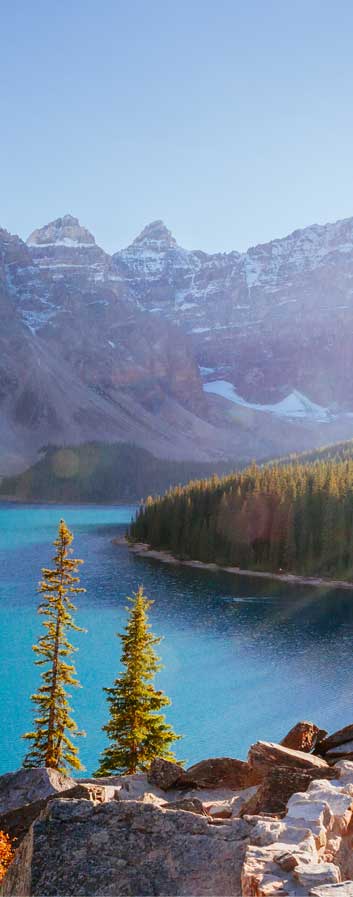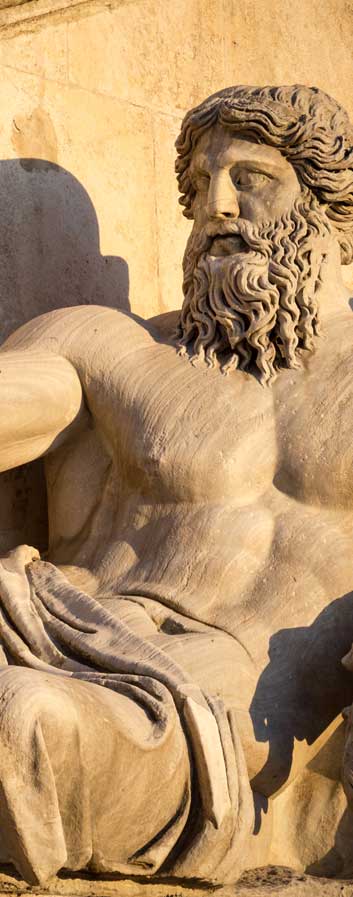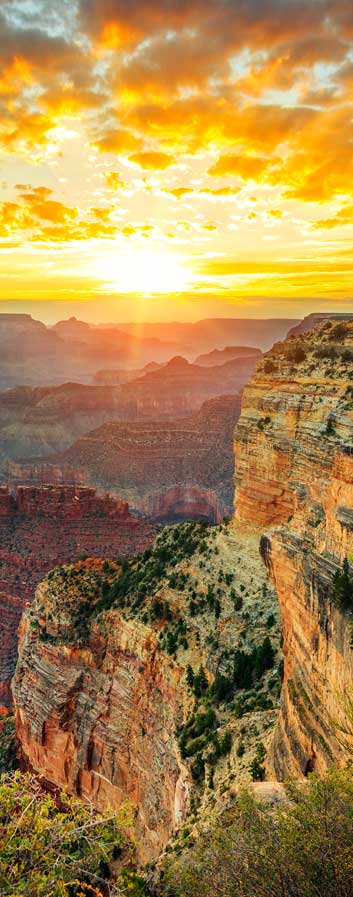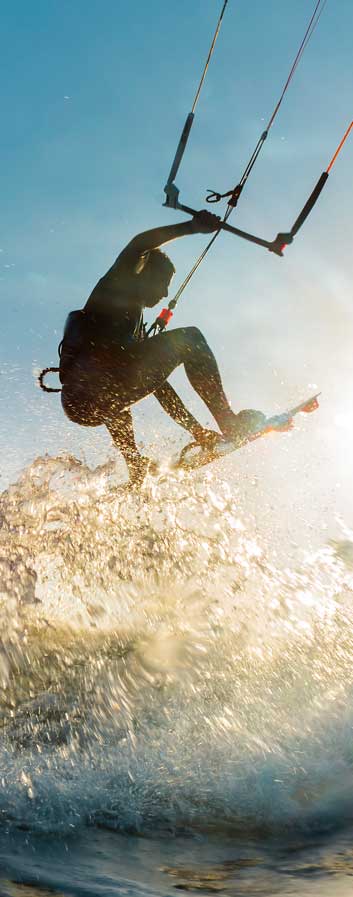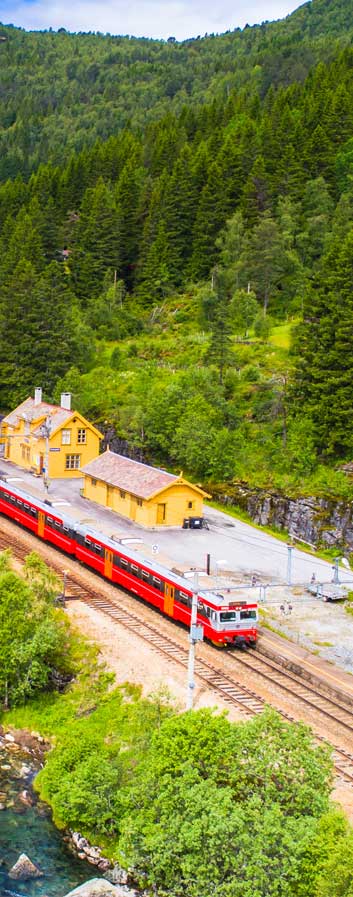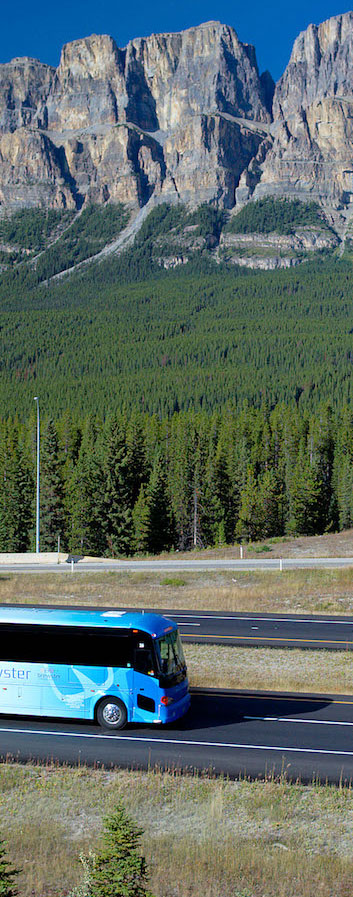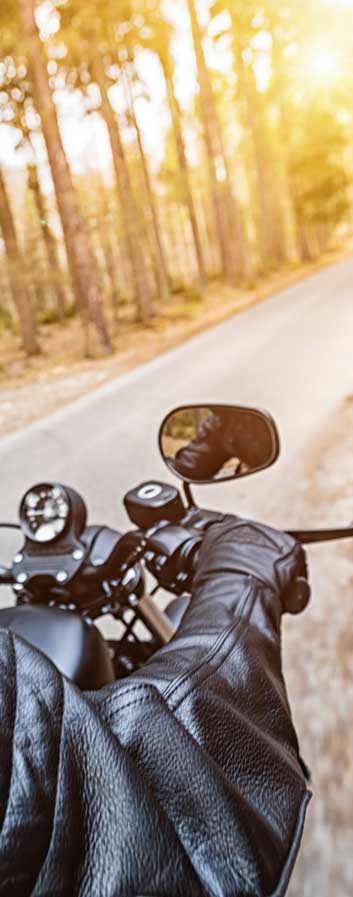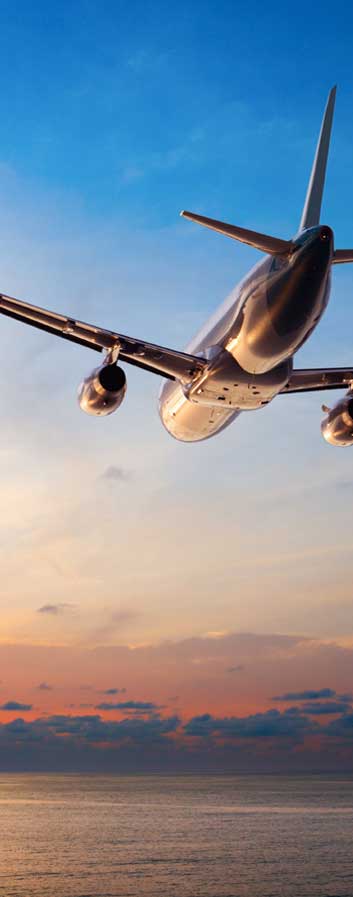Hua Hin Beach
The beach in Hua Hin is perhaps the major reason why so many holidaymakers like to come here, for an enjoyable seaside break and to experience everything else the town offers. Hua Hin has a little bit of everything and while some might bemoan that it’s somewhat too busy on weekends and national holidays, it continues to be a well-liked beach destination and draws many visitors from all over Thailand and abroad. Some visitors like to spend all day at the beach, topping up their tan or just escaping from the summer heat. On weekdays it’s usually quiet, but come the weekend large numbers of Thais descend on the town and the beach.
From anywhere in Hua Hin it’s easy to get to the beach, and there are several ways to do so. Unlike Cha Am there are no roads parallel to the beach so you have to access at various set locations. Probably the most common entrance on foot is along Damroen Kasam Road which leads past various stalls, the Sofitel hotel, and the tourist police booth, bringing you right onto the beach where most of the restaurants and sun beds are located. There is quite limited motorbike and car parking near here, so it might be better to walk. Another popular route is to follow Naresdamri Road and turn into the small lane at the bottom end close to New World Coffee, continue up past the Chinese temple and to the steps leading down to the beach, right next to the Hilton. There are also signs around town that should point you in the right direction.
Some hotels and resorts such as the Marriott and Baan Laksasubha have their own pool areas and restaurants which join the beach, and several lanes lead to the sea from just off the main Petchakasem Road (such as Sois 79, 83 and 85). On Naeb Kehardt Road, a few minutes from the town centre, you can get to the beach from Soi 51 or through the various restaurants along the road.
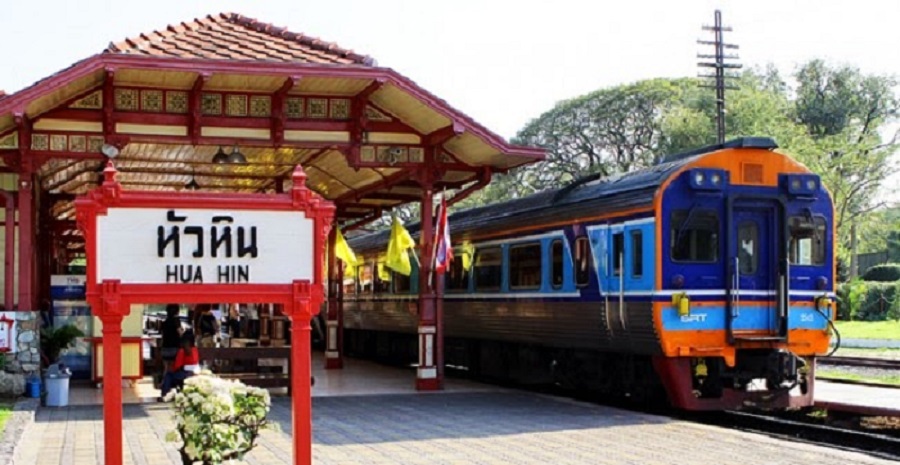
Hua Hin’s fine and sandy beach arcs several kilometres southwards towards Khao Takiab, which can be glimpsed in the distance. The sand quality is good and there is ample space to walk and play on the wide shore. The water is not deep and swimming is quite safe, but there are some large rocks in the sea near the main entrance and extremely sharp seashells. Heed the amusingly worded warning signs that read “Careful! The rock full of fishshell”. Hua Hin supposedly got its name due to the rocks on the beach head (Hua Hin literally translates as Head Stone in Thai).
It’s possible to walk south along the shore where restaurants, some water sports and places to relax can be found, as well as sun beds and the occasional palm tree to sit beneath. It’s in this area where most visitors linger, as food and drinks are available and there are enough things to do close by. The further south you go the less crowded it becomes, but there are a few popular spots and watering holes along the way.
Heading north in the opposite direction, access to the beach is eventually hampered by wooden piers housing seafood restaurants and guesthouses, but it’s possible to rejoin the beach further along Naresdamri Road near the fishing pier and continue onwards. You’ll notice the military boats just off the coast, which are there to protect the King’s palace only a short distance away. Further north it becomes a restricted zone, which is prohibited to boats and pedestrians. It’s possible to visit the palace by using the official entrance on Petchakasem Road instead, near Soi 37.
Hua Hin beach is a magnet for rather persistent vendors selling all sorts of paraphernalia, which are a constant but minor annoyance. However, if you do want to buy tacky wooden motorcycles, beach towels or other holiday souvenirs then you can probably pick up a real bargain as long as you’re prepared to haggle hard. As is common in Thailand, stray dogs roam the beach but they tend to be quite harmless. For small children however, there may be health and hygiene issues with such animals.
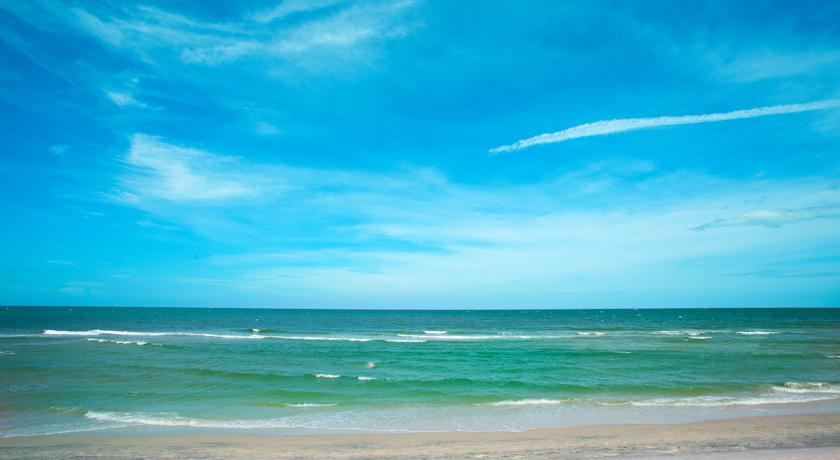
There are scores of places to eat on the beach, mainly at the northern end close to the Damroen Kasam Road entrance. For more details see the Dining section of the website. If none of those places tempt you, you might prefer to organise a picnic, grab a beach mat and have an impromptu feast under a palm tree. There are also plenty of vendors around, so you can find some great food without leaving the beach.
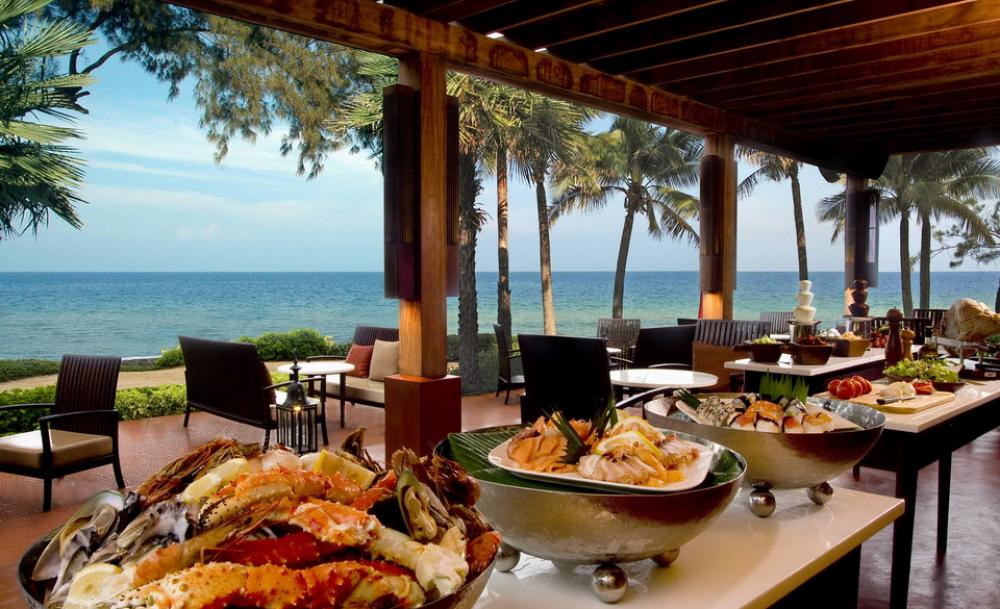
If lying on a sun bed all day is a little too sedate, there are plenty of other things to do. Swimming in the sea poses few dangers and the beach slopes very gently. There don’t seem to be any lifeguards however, but they aren’t really necessary here. Water sports are somewhat limited at the beach’s northern end due to the rocks, so it’s only further south where you’ll find most of the water-based activities.
Among the first things you’ll notice are the horses and ponies near the beach entrance,which can be hired for between 15 minutes to an hour. Enjoy a leisurely trot along the beach or race the stray dogs if you’re more confident. The guides will gladly provide basic instruction if you’ve never ridden before.
At weekends it’s common to see inflatable banana boats riding the waves, an especially popular activity with Thai tourists. They’re pulled along at great speed by a jet-ski or speedboat, and the drivers take delight in trying to make the passengers fall off, which is all just part of the fun. Jet-skis can also be rented in Hua Hin, but make sure that you inspect them thoroughly as there have been stories in other cities of tourists being charged excessively for damage that had already occurred.
On windy days there are dozens of kite boarders out in force, demonstrating an impressive array of stunts and skilful manoeuvres. Hua Hin has some excellent kite boarding schools and has become a popular destination for the sport and its followers in recent years. They usually have representatives down on the beach that can give advice on the various programmes available and prices.
Like most things, many of these activities will cost slightly more in the high season when the beach is busier and demand increases.
